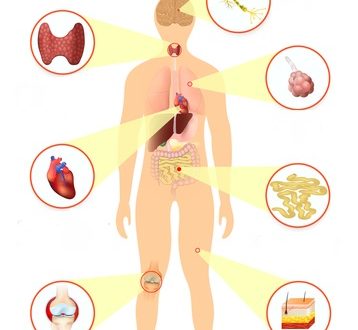Fast food and Fertility

Fast food and fertility
Earlier this month I wrote a blog on the importance of the health of “parents to be” even months before conception takes place, how it affects fertility and the babies health right after birth and even into adolescence. There is a lot of emphasis on making sure the mom to be is getting all the nutrients she needs: the right fatty acids, the right B vitamins and specially folate (vs folic acid), iodine, moderate salt or sugar, etc.
This week a study finished that looked at over 5,900 first time moms from UK, Australia, and New Zealand. What they found out is interesting but given what we know about processed food, not too surprising: Women who eat a lot of fast food may take longer to become pregnant and be more likely to experience infertility than their counterparts who rarely if ever eat these types of foods. These women, on average, took one month longer to get pregnant than women that rarely if ever ate fast food.
Women who rarely ate fast food still experienced infertility, to the tune of 8%, but women who ate fast food often, reported to be about four times per week, had an infertility rate of 16% or twice as much! So clearly there is something about the fast food ingredients that delay or upset fertility. It maybe the huge amounts of salt that are sometimes used, the unnatural additives for taste or for preserving the food, or it maybe the saturated fats that are added in addition to what maybe found in the food itself. Often there is, unfortunately, even hormone mimicking ingredients found in fast food. Hormone mimics are known to affect hormonal balance depending of course on which molecule they are mimicking, estrogen, progesterone, or testosterone. Staying away from fast food is a good idea.
Just this week researchers have finally discovered the cause behind Polycystic Ovarian syndrome. The condition runs mostly in families, although not exclusively, and is due to high anti-mullerian hormone resulting in higher than normal testosterone levels which diminish normal ovulation and is a hindrance to fertility. An IVF drug cetrorelix has the ability to reverse this situation with the high testosterone.
Women who consumed more fruit per month than women who didn’t have more than one serving per month also took less time to get pregnant.
With the highest fruit intake there was 8% infertility and with lowest fruit intake the infertility shot up to 12%.
There are many things that affect fertility and my blog here list them all essentially.
Smoking, obesity, excess alcohol, too much exercise (increases testosterone levels) and structural problem with the fallopian tubes and ovaries can also affect fertility.
Acupuncture, along with herbal medicine when indicated can address some of the other causes of infertility. Give me a call and see how I can help.
Recommended Posts

Unlocking Relief: How Acupuncture Can Be Your Ally in Managing Chronic Conditions such as Pain, Anxiety, Low Energy, Insomnia, and so much more
May 12, 2025

Acupuncture for Stress and Anxiety
March 8, 2025


